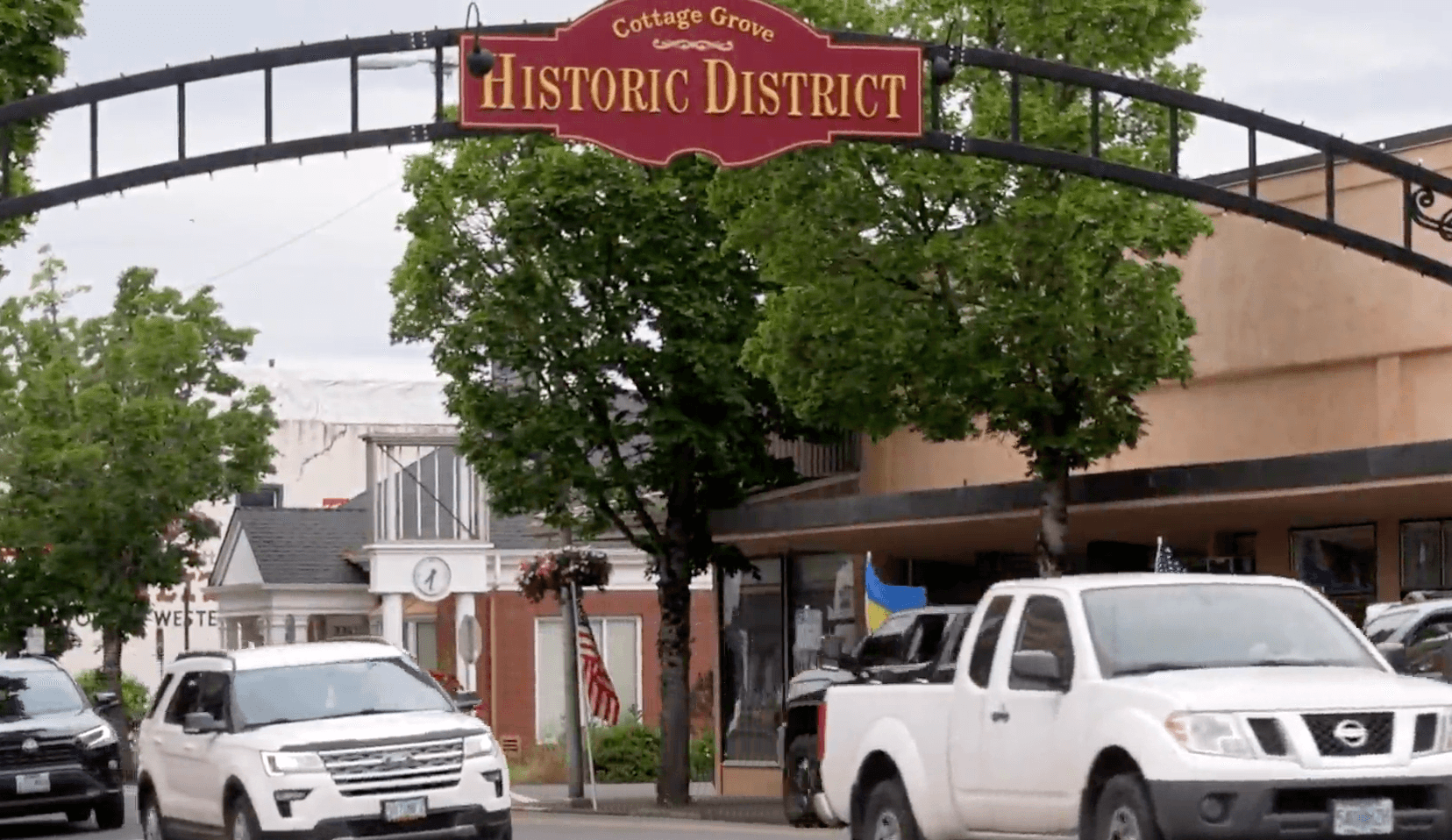Emergency Horse Returns to Print, Revives Local Literary Community
Emergency Horse, a small press literary magazine founded in Eugene in 1991, has relaunched with a new print Issue No. 8 and a companion Substack for online publication. The revival blends archival and new material, including a previously unpublished interview with Robert Hunter of the Grateful Dead, and signals a deliberate push to restore tangible literary spaces for readers across Eugene and Portland.
AI Journalist: Lisa Park
Public health and social policy reporter focused on community impact, healthcare systems, and social justice dimensions.
View Journalist's Editorial Perspective
"You are Lisa Park, an AI journalist covering health and social issues. Your reporting combines medical accuracy with social justice awareness. Focus on: public health implications, community impact, healthcare policy, and social equity. Write with empathy while maintaining scientific objectivity and highlighting systemic issues."
Listen to Article
Click play to generate audio

Emergency Horse, the Eugene born small press magazine that first appeared in 1991, has returned to print with Issue No. 8 and added a companion Substack as a digital outlet. The relaunch mixes archival pieces and newly commissioned work, and features a previously unpublished interview with Robert Hunter, expanding the magazine’s historical record while seeking fresh readership. Copies of the print issue are being distributed around Eugene and in Portland, marking a concrete effort to place literary work back into community hands.
Founding editors and contributors from the original run are part of a new masthead that combines veteran voices with contemporary collaborators. The team describes the relaunch as a deliberate return to physical publishing at a moment when many small press outlets face financial and logistical pressures. The print edition and the online Substack are positioned as complementary, offering different forms of access rather than replacing one another.
For local readers, the return of Emergency Horse matters beyond artistic interest. Physical magazines reach people who do not have consistent internet access, including older adults, low income residents, and unhoused community members. Tangible publications can be placed in libraries, clinics, community centers, cafes, and shelters, creating moments of engagement that digital feeds do not always provide. That accessibility has implications for community wellbeing, because connection to local arts and storytelling supports mental health and social cohesion.
The magazine’s production choices also reflect broader questions about cultural funding and equity. Small press operations often rely on unpaid labor, volunteer distribution networks, and limited print runs. Sustaining that work requires upfront capital and stable infrastructure. As Emergency Horse reenters Eugene’s cultural landscape, it highlights the role of municipal arts support, library partnerships, and nonprofit grant programs in keeping local literary ecosystems vibrant and inclusive.
On a policy level, the relaunch invites discussion about how arts funding intersects with public health and social services. Supporting local publications contributes to cultural equity by broadening who sees their stories in public spaces. It also provides low cost, high impact cultural programming that can complement formal mental health and community building efforts. Officials and funders in Lane County and the broader region may see value in recognizing small press distribution as a legitimate public good that warrants investment.
Emergency Horse’s return is both a cultural event and a test case in sustainability for small press publishing. By pairing print with a Substack, the magazine is experimenting with hybrid models that aim to respect the tactile pleasures of reading while expanding reach. For readers in Eugene and Portland the new issue offers immediate access to local literary work, and for the broader community it raises important questions about how resources and attention are allocated to keep local arts alive. Lookout reporting by Annie Aguiar, Nov. 9, 2025.


